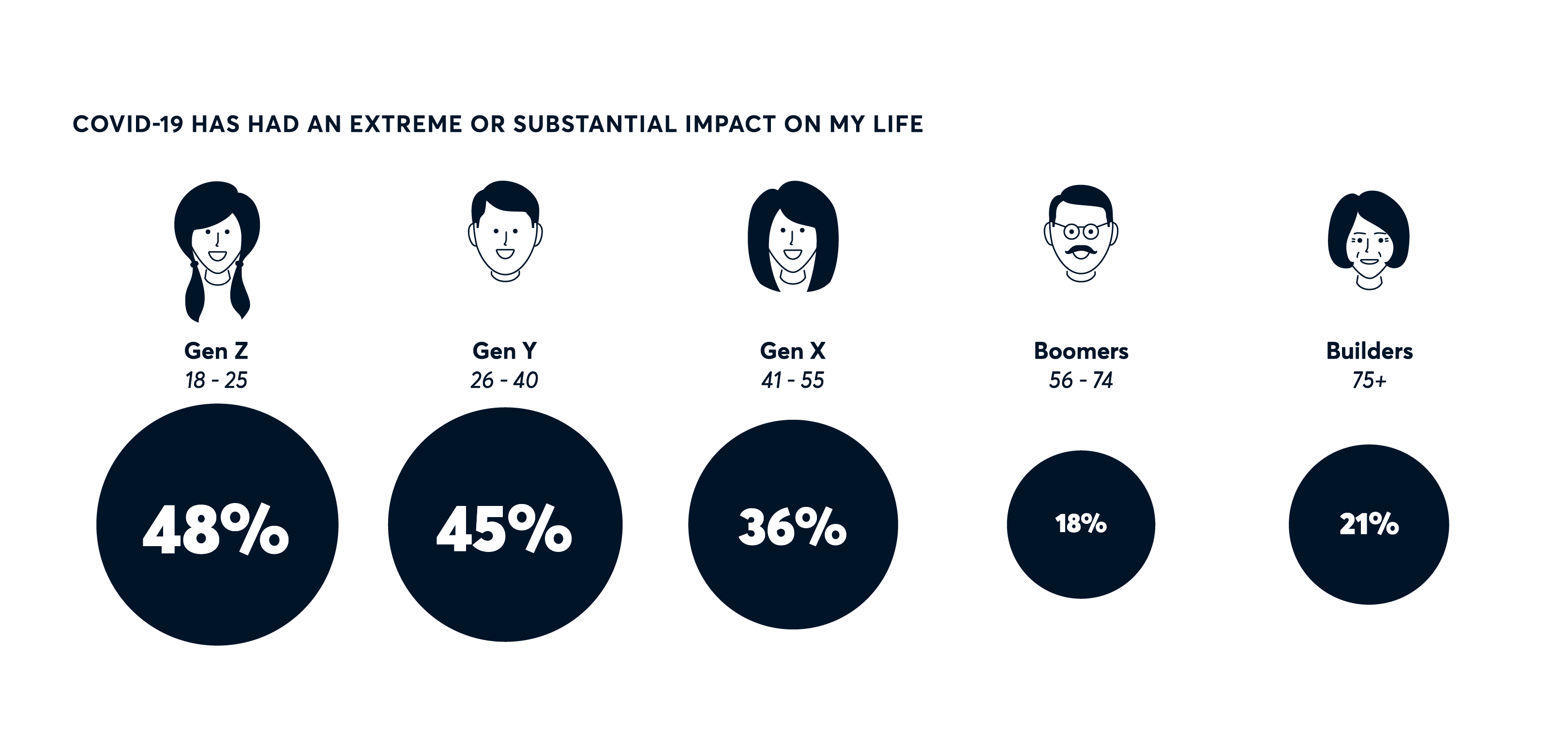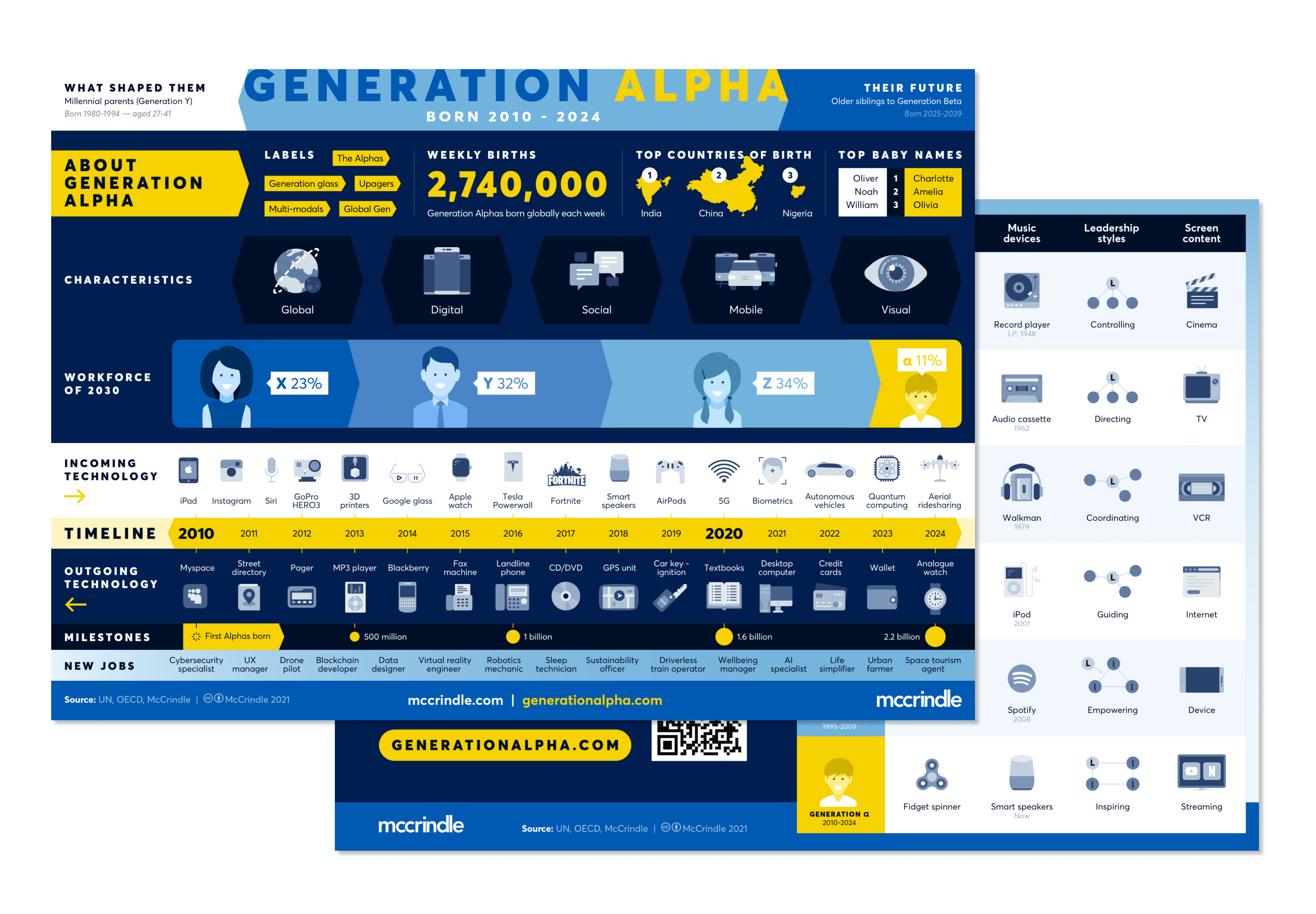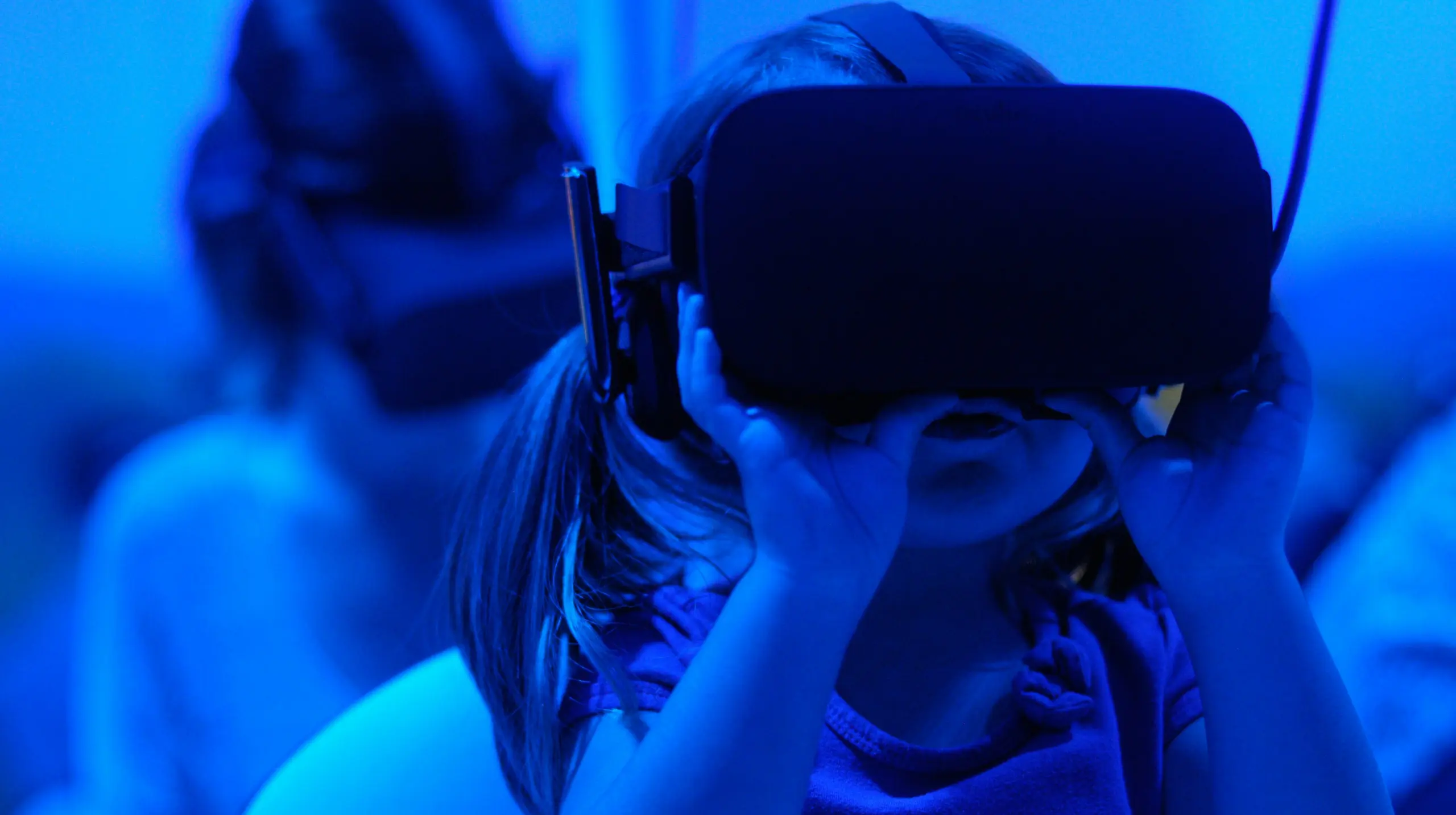Generation Z
The substantial impact COVID-19 has had on Gen Z

The impacts of COVID-19 have extended into all areas of life, including how we travel, work, shop, socialise and engage with education. While the impacts of COVID-19 and changes in behaviour are being felt across all generations, the impacts are being felt by the emerging generations more so than their older counterparts. Generation Y and Generation Z were the most likely to say COVID-19 has had an extreme or substantial impact on their life so far.
How COVID-19 has impacted Gen Z
Being in their teens and early twenties, this life stage for Generation Z is normally characterised by education and study, socialising with friends after school or during breaks at university. Weekends are normally filled with sport and shopping, going out or hanging at a friend’s place.
Goals and dreams of Generation Z are to do well in exams, spend quality time with friends and work to save up for travel adventures. COVID-19 has changed this. Now, many Generation Z’s are being schooled from home or going to zoom lectures. They are cancelling travel plans, social engagements and even opportunities to see family members not living with them.
The economic impacts of COVID-19 are also being felt by younger generations seeking to establish themselves in the workforce. Younger generations were more likely than their older counterparts to have felt the biggest impact financially (33% Gen Z and 37% Gen Y compared to 28% Gen X, 20% Baby Boomers and 12% Builders). The impacts in the job market in the first few months of COVID-19 have been unparalleled since the Great Depression. The ABS found that there were 900,000 who had a job in March 2020 that were unemployed just a month later in April. And twice as many as this, 1.8 million were stood down or had reduced hours from March to April.
The job loss rates have been highest for Australians under 20, with a loss of almost one in five jobs (19%) for those under the age of 20. For Australians aged 20 to 29 more than one in ten (12%) jobs have been lost while for Australians aged 30 to 69 there is an average job loss of 5%. This means that Australians under 20 are almost four times more likely to have lost their job than Australians 30 and over.”
Gen Y are the most likely to have been impacted by travel restrictions and cancellation of sport/entertainment
The generation most likely to feel the impacts of travel restrictions is Generation Y. More than half (53%) of Gen Y have had to cancel an overseas (25%) or domestic trip (28%) – more so than any other generation. Interestingly, Gen Z were the most likely to say that COVID-19 will increase the next generation of children’s desire to travel and explore the world (82% Gen Z, 76% Gen Y, 57% Gen X cf. 45% Baby Boomers, 46% Builders).
Being in a very social life stage has meant social isolation and social distancing have had changed the behaviour of Generation Z in significant ways. More than two in five Gen Zeds (42%) said an event they were going to attend has been cancelled and 29% say they were unable to visit someone due to self-quarantine, more so than Gen Y (21%), Gen X (21%) and Baby Boomers (13%).
The suspension of sport and entertainment events has also had a greater impact on the emerging generations. Gen Z and Gen Y were the most likely to say that the cancellation of sport/entertainment due to COVID-19 has had an extreme or substantial impact on them personally (40% Gen Z and 42% Gen Y compared to 29% Gen X and 15% Baby Boomers).








